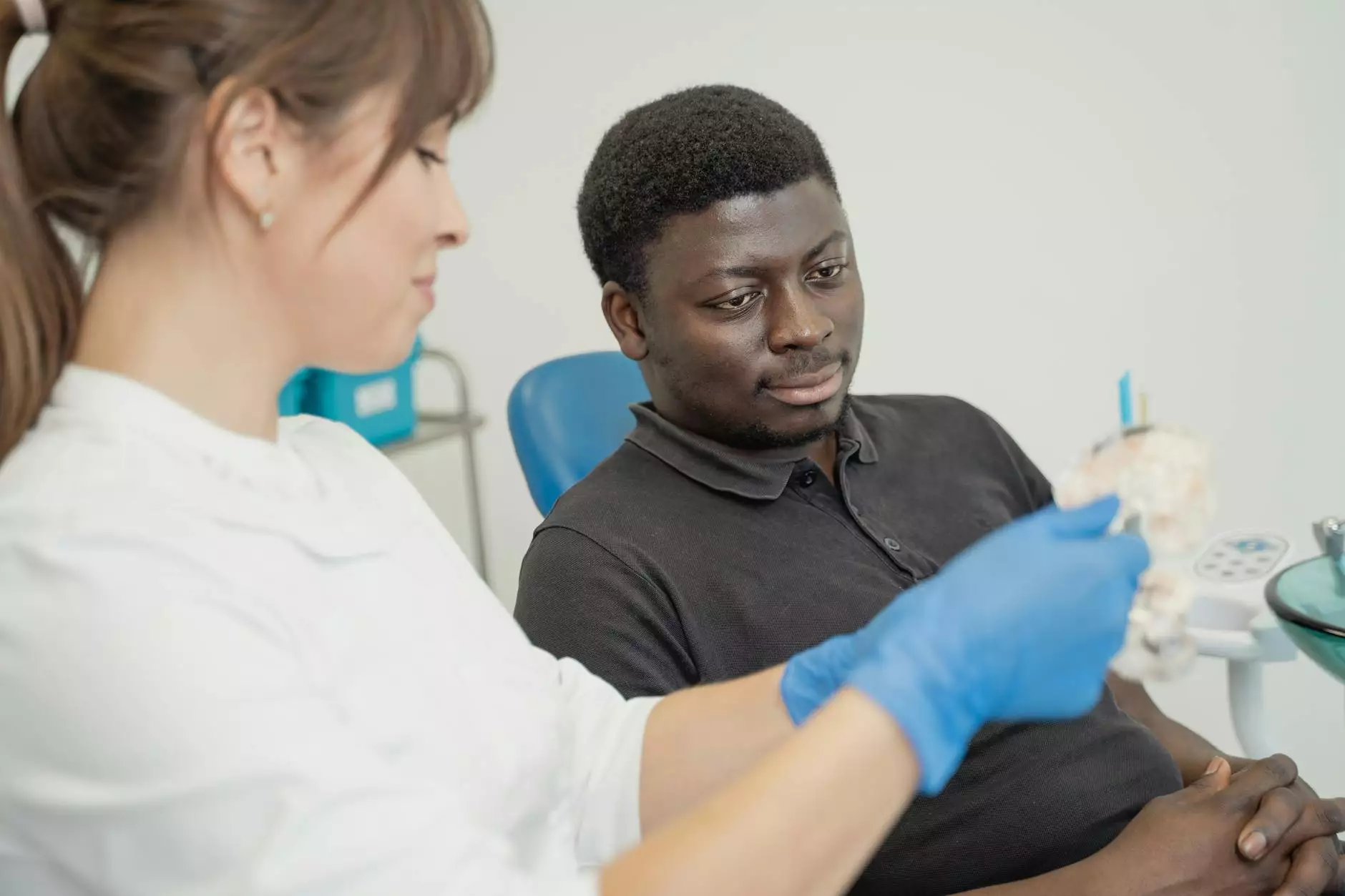Understanding Gynecologist Instruments: Essential Tools for Women's Health

In the ever-evolving field of medicine, particularly in gynecology, the right instruments are vital for diagnosis, treatment, and overall healthcare of women. This article delves into the intricacies of gynecologist instruments, their uses, types, and the critical role they play in women's health. By understanding these instruments, healthcare professionals and patients alike can appreciate how essential they are in facilitating effective medical care.
The Importance of Gynecologist Instruments
Gynecologist instruments are specialized tools that allow healthcare professionals to perform a variety of medical procedures and examinations on women. These instruments are designed for specific functions, ensuring that each procedure is performed with precision, efficiency, and patient safety in mind. From routine check-ups to intricate surgeries, the range of instruments used in gynecology is vast and evolving.
Common Types of Gynecologist Instruments
1. Specula
A speculum is one of the most commonly recognized gynecological instruments. Its primary purpose is to allow a physician to visualize the inside of the vagina and cervix during an examination. Specula come in different sizes and shapes, including:
- Metal Speculum: Durable and reusable, often utilized in hospitals.
- Plastic Disposable Speculum: Preferred for convenience and hygiene, often used in outpatient settings.
2. Colposcope
The colposcope is an essential diagnostic tool used by gynecologists during examinations when abnormal cells are suspected. This instrument magnifies the view of the cervix, allowing for detailed examination and directed biopsies if necessary.
3. Forceps
Gynecological forceps are used during various surgical procedures, such as childbirth. They assist in grip and manipulation during labor and can also be used in pelvic surgeries:
- Vaginal Forceps: Designed specifically for use during childbirth.
- Surgical Forceps: Employed in various procedures for tissue manipulation.
4. Curettes
Curettes are instruments with a scoop-shaped end, used primarily for scraping tissue. They play a critical role in procedures such as dilation and curettage (D&C), which may be performed for diagnostic or therapeutic reasons.
5. Scissors
Surgical scissors are another vital part of the gynecologist's toolkit, used in various procedures including biopsies and surgeries. These instruments come in different shapes and sizes to serve different needs:
- Metzenbaum Scissors: Designed for cutting delicate tissues.
- Steven's Scissors: Often used for cutting sutures.
Quality Matters: The Role of Medical Supplies in Gynecology
When it comes to medical instruments, particularly gynecologist instruments, quality cannot be overlooked. High-quality instruments ensure better outcomes, patient satisfaction, and reduced risk of complications. It's essential for healthcare providers to source their instruments from reputable suppliers, such as new-medinstruments.com, which specializes in high-end medical supplies.
Ensuring Patient Safety and Comfort
The selection of gynecological instruments extends beyond functionality; it also affects patient comfort and safety. For instance, using disposable instruments like plastic specula can mitigate the risk of cross-contamination and infections. Ensuring that all instruments are made of body-safe materials is crucial in maintaining patient health and safety.
Advancements in Gynecological Instruments
Over the years, advancements in technology have led to the development of new gynecological instruments that enhance precision and ease of use. These innovations include:
- Digital Colposcopes: Provide enhanced imaging capabilities and ease of documentation.
- Laser Tools: Utilize laser technology for precise surgical procedures.
- Endoscopic Instruments: Allow for minimally invasive procedures with reduced recovery times.
Maintaining and Sterilizing Gynecologist Instruments
Proper maintenance and sterilization of gynecological instruments are paramount in preventing infections and ensuring longevity. Here are critical considerations for healthcare providers:
- Regular Inspection: Instruments should be regularly inspected for wear and tear.
- Thorough Cleaning: Instruments must be cleaned immediately after use to prevent biological materials from hardening.
- Effective Sterilization: Utilize autoclaves or chemical sterilization methods as recommended for specific instruments.
Conclusion
Understanding and utilizing the right gynecologist instruments is fundamental in the field of women's health. From routine check-ups to complex procedures, these instruments facilitate better diagnoses and treatments. As the industry continues to progress, staying updated with the latest technologies and ensuring high-quality supplies will be essential in providing exceptional care.
If you are a healthcare provider looking to equip your facility with top-notch instruments, visit new-medinstruments.com to explore a wide range of medical supplies specifically designed to meet the needs of gynecological practice.
In conclusion, the efficacy of gynecological care is heavily dependent on the quality and variety of instruments available to practitioners. As we pave the way forward in the field of women's health, embracing innovation and maintaining stringent standards in instrument quality will remain at the forefront.









